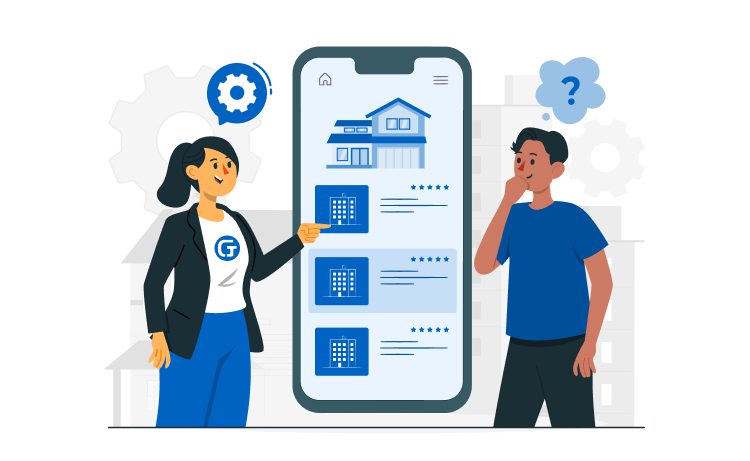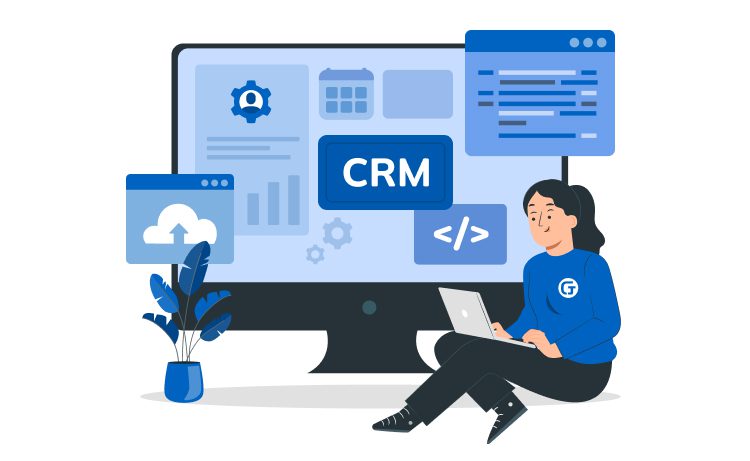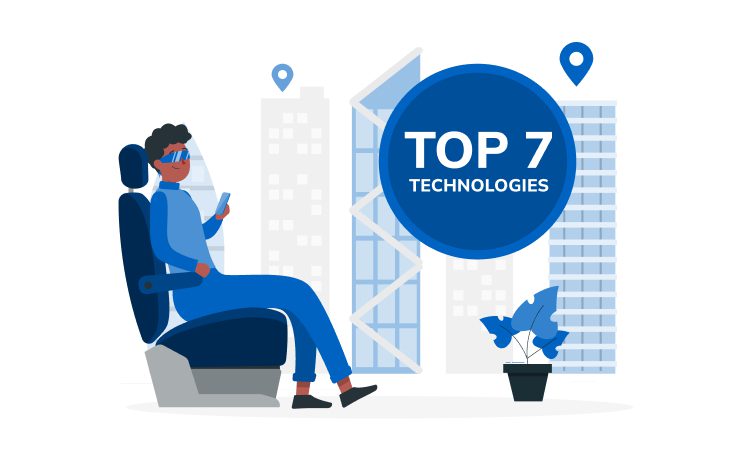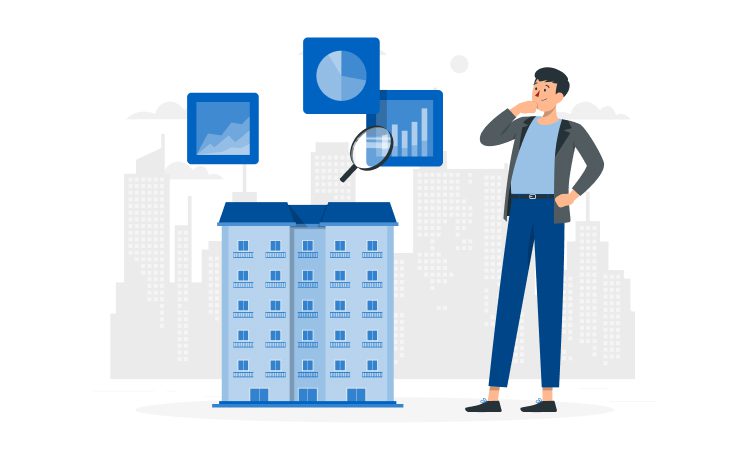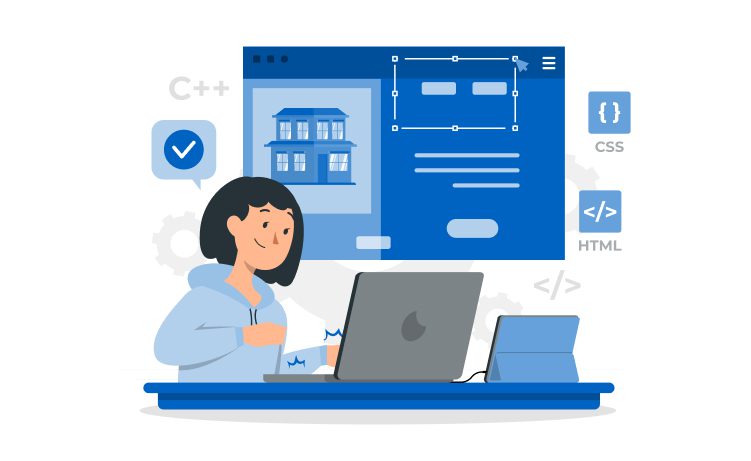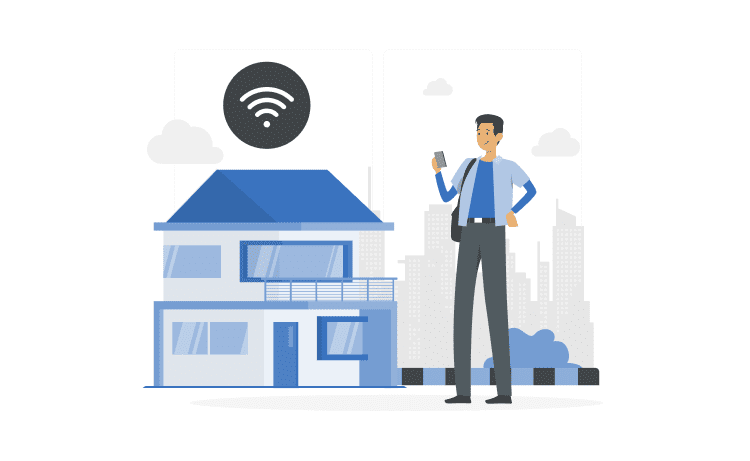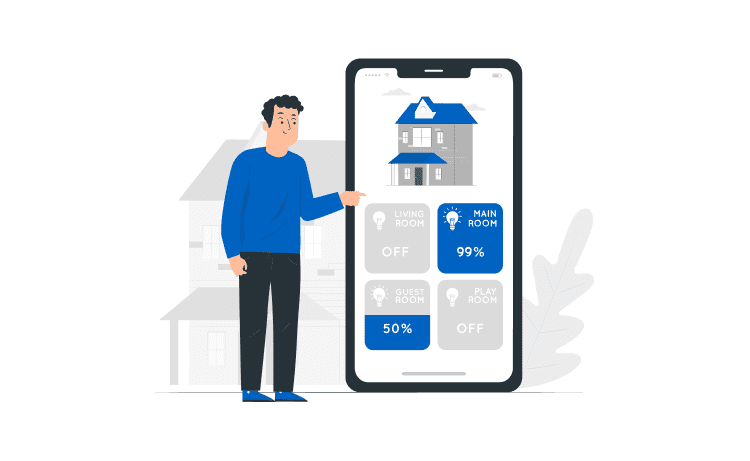
Building Management System (BMS): 5 Must-Have Features



The need for automation and linked technologies in buildings has risen as a result of the visible change that occurred in the commercial property industry with COVID-19 taking effect.
Building management solutions that are tech-enabled can now, more than ever, create the potential for savings and smarter property decisions while also making the sector more sustainable.
In reality, buildings consume around 30% of global energy, meaning that improving energy consumption, at least in the commercial sector, will go some way to meeting our climate goals.
Moreover, the connectivity provided by building management solutions has a bright future in the commercial real estate market.
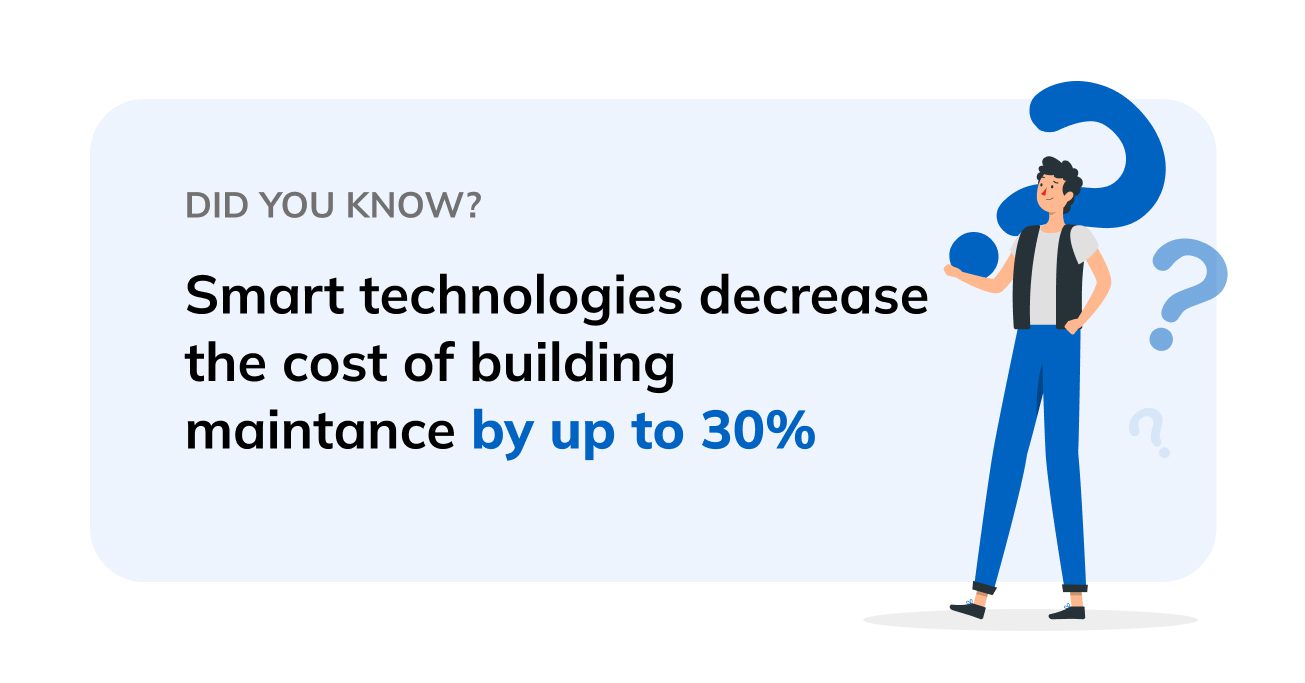
These technological advances are making life easier for investors, owners, and property managers. Collectively, the scope of tools and technologies used for this are all centralized in a building management system (BMS).
Content
A building management system (BMS) is a monitoring system that tracks and manages a facility’s structural, electric, and electromechanical services.
Power, heating, ventilation, climate control, mechanical access control, pumping stations, lifts, and lighting are examples of such services.
A simple BMS is made up of software, a server with a database, and intelligent sensors linked to an Internet-capable network.
Intelligent sensors placed around the building collect data and transmit it to the BMS, recorded in a database. If a sensor produces data that is outside predefined parameters, the BMS will raise the alarm.
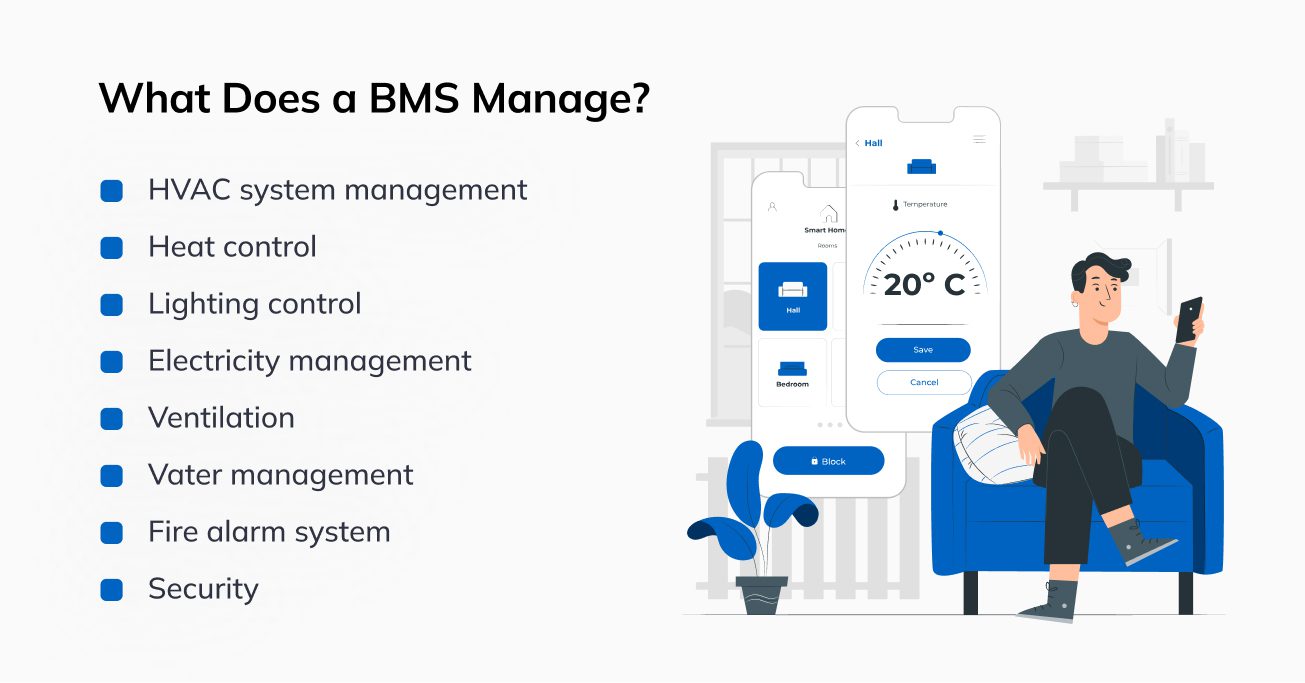
Depending on the system, BMS software can be deployed as a native platform or integrated with other monitoring applications.
More sophisticated BMS platforms can monitor and control a wide range of building services across different platforms and protocols, giving facility management a unified, shared picture of the facility’s operations. The global BMS market value is estimated to reach $19.25 billion by 2023.
As mentioned above, a building management system implies managing intelligent devices and sensors that collect data for further analysis to the central system. Building tracking tools that have been improved may now provide far more than motion sensors and lighting control.
The most significant benefit here is in the increased variety of data provided by the IoT ecosystem. Property managers may use this sophisticated technology to simplify almost every imaginable operation with such a robust connection network and so many diverse data sources involved.
The BMS data infrastructure is essentially an ecology of disparate information sources. In this case, data centralization is used to decrease friction and maximize the connection provided by intelligent devices.
For a long time, security in the real estate sector meant physical safety. Today, digital security is just as vital as physical security. Massive amounts of data generated by smart building systems necessitate not just an integrated and interoperable BMS, but also adequate security.
Security vulnerabilities are developing as systems become more linked because of additional access gateways and a rising interest in valuable user data, which is ripe for exploitation. As a result, CRE firms and brokers will need to offer robust, industry-specific security solutions for both physical and virtual safety to provide the most value and a high-end experience to their clients.
Software companies may make platforms and apps less prone to data breaches by implementing data encryption and AI-based solutions and establishing access baselines for different categories of users.
In terms of smart building security, the same technology may improve space safety through video surveillance, smart locks, access gateways, and BMS control systems that monitor motion and unlawful building entry, and provide timely notifications to the relevant parties.
Essentially, one of the core goals of BMS implementation is to automate and optimize building maintenance. This means preventing technical issues, saving costs on energy and maintenance services, and eliminating resource-consuming processes.
BMS systems can save a considerable amount of money by conserving energy and optimizing space utilization. “In big sites, such as industrial zones, office parks, shopping malls, airports, or seaports, IoT-enabled technologies may help decrease the cost of building maintenance by up to 30 percent,” says Bettina Tratz-Ryan, Research Vice President at Gartner Inc.
Here are some examples of how BMS can optimize building maintenance:
As we can see, innovative technology can help brokers and property owners maximize the utilization of commercial real estate in various ways.
The newly established distant working environment and restricted physical interactions are crucial elements that will increase the demand for BMS adoption. In addition, smart technology allows for more efficient use of space, energy conservation, and the remote management of building operations.
Finally, it appeared that spatial connection was the key to maximizing commercial real estate yields. For example, 78 percent of property owners have reported successful rent increases due to improved connectivity, and 72 percent have minimized vacancies in occupancy rates.
As shown above, digitally enabled and optimized environments are becoming a top priority for CRE users. Real estate firms may use BMS to provide renters with access to critical information while monitoring and demonstrating that the facility is secure and connected.
To begin, sophisticated mobile applications or platforms with high-end user interfaces must understand building data effectively. Useful and engaging apps in this space may be game-changers for software suppliers, transforming the client experience.
With a growing need for optimal space use, BMS use represents a significant opportunity to enhance income while presenting a firm as environmentally friendly.
Having a single integrated infrastructure of property data allows for proactive monitoring and management of building operations and the use of data for business decisions. Investing in integrated BMS to maximize the value of linked systems is one method for businesses to uncover revenue potential.
The data provides critical insights and analytics, paving the path for improved tenant experiences, diagnosing and preventing problems, making smarter investment decisions, and maximizing revenues.
BMS is frequently used to automate building activities. The majority of sophisticated contemporary BMSs use an algorithm-based approach to detect abnormalities in behavior patterns and identify developing concerns in many management areas.
For example, a system may see a possible building maintenance issue (plumbing, electrical, etc.) and dispatch a professional before residents are even aware of it.
Automation technologies incorporated into building management systems can be used for a variety of purposes in CRE management. These systems indicate a software foundation for monitoring many elements of building management, such as energy and operational performance, power systems, HVAC, lighting, occupancy rates, and so on.
The program recommends automatic actions executed with little to no user intervention based on the data supplied by the sensors and communicated through the linked devices. Vital data infrastructure and integration support building management software can be upgraded with IoT, AI, and learning algorithms.
Historically, it has been the most convenient approach to reduce operational expenses, since automation technology handles activities without human labor and avoids costly difficulties from occurring.
The real estate industry is awash with papers, and appropriate document management is a well-known cause of aggravation for CRE project managers. Agents must gather records from various third parties, and it is tough to keep track of everything.
Building management system software contains document storage and a management unit that automates this process with default inquiries and follow-ups rather than contacting renters or contractors regularly to acquire papers. As a result, agents will be able to get documentation on time and have it properly managed and preserved in this manner.
Property research becomes a rapid and consistent procedure as a result of the complete integration possibilities. To help in research, users may, for example, toggle data layers on and off and search for certain qualities. In addition, BMS solutions interface well with current or new external systems to obtain more meaningful data.
Compiling evaluations necessitates agents’ involvement in various company sectors, such as marketing, finance, operations, construction, communication, and so on. As a result, quantifying the number of software tools and systems used to address diverse domains is challenging.
As a centralization tool, building management should have as many links to other systems as feasible. Integrating seamlessly encourages data exchange, which simplifies collaboration and enhances the overall project management flow.
A building management system is a large data ecosystem, used by numerous people and stakeholders in property management. Therefore, it’s critical to provide an easy-to-use and functional mobile interface or a separate application for users’ comfort and convenience.
Often, building management requires immediate attention and reaction to emerging issues. The application lets users keep a finger on the pulse of processes happening in the facility at any time and from anywhere.
While the entire infrastructure doesn’t need to be presented in the application, some essential features like remote control and messaging can significantly facilitate property management.
Glorium is a software development firm that specializes in complex technological solutions for the real estate industry. Glorium has over ten years of industry experience and works with startups to help them get to market quickly and stay ahead of the competition by providing exceptional service and customized solutions.
We can assist you in developing commercial property appraisal solutions for your real estate clients. In addition, Glorium can provide advanced software development based on extensive experience with tech solutions for commercial real estate.
